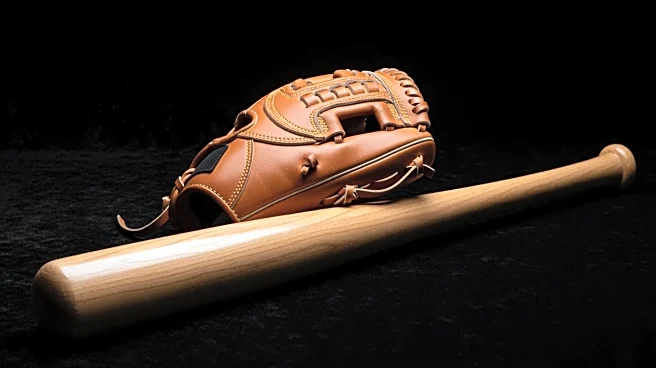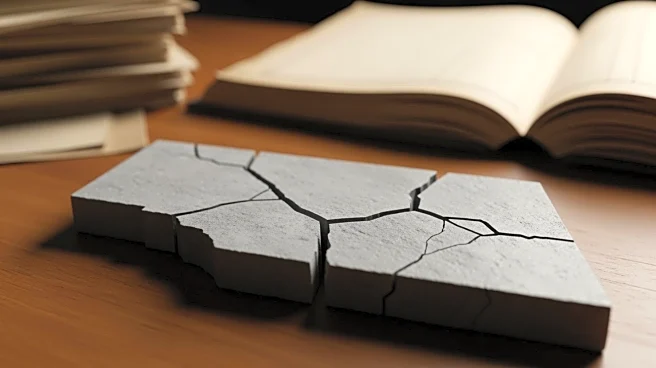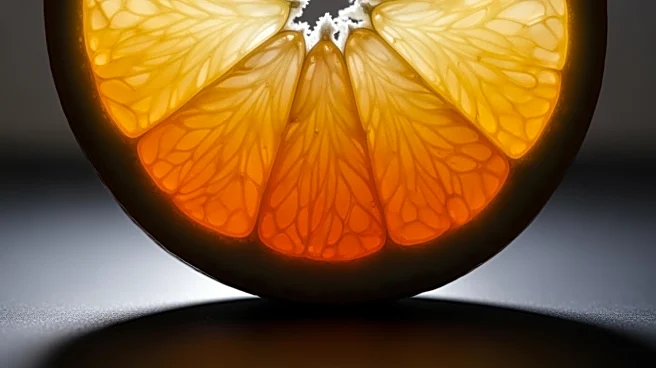What's Happening?
The Baseball Hall of Fame's 'Contemporary Baseball Era' committee has announced a ballot featuring eight former players, including Barry Bonds and Roger Clemens, for induction in 2026. This move revives
their eligibility through a process outside the traditional writers' vote. The committee's new rules state that candidates receiving fewer than five votes from the 16-member panel will be ineligible for the next three-year cycle. The ballot targets players whose primary contributions to the game occurred since 1980, including Don Mattingly, Jeff Kent, and Gary Sheffield, alongside Bonds and Clemens. This decision reopens debates on character, era-adjustment, and the weighting of peak versus longevity.
Why It's Important?
The inclusion of players like Bonds and Clemens, who have been linked to performance-enhancing drugs, highlights ongoing controversies in the Hall of Fame's selection process. This decision reflects the Hall's struggle with its legacy of doping and the moral judgments of voter panels. The committee's actions could influence how future candidates are evaluated, balancing historic excellence with evolving values in the sport. The outcome of this ballot could impact the perception of the Hall of Fame and its role in recognizing baseball's elite, potentially setting precedents for how character and achievements are weighed in the future.
What's Next?
The committee will convene during the upcoming Winter Meetings, where the results will be live-released. Any inductees will join the Class of 2026. The decision will likely prompt reactions from various stakeholders, including sports analysts, fans, and former players, as they debate the implications of the committee's choices. The Hall of Fame may face increased scrutiny regarding its selection criteria and the balance between recognizing talent and addressing ethical concerns.
Beyond the Headlines
This development could lead to broader discussions about the role of performance-enhancing drugs in sports and their impact on athletes' legacies. It may also influence how other sports organizations handle similar issues, potentially affecting public perception of sports integrity and fairness. The Hall of Fame's decision could trigger long-term shifts in how sports history is documented and celebrated.









